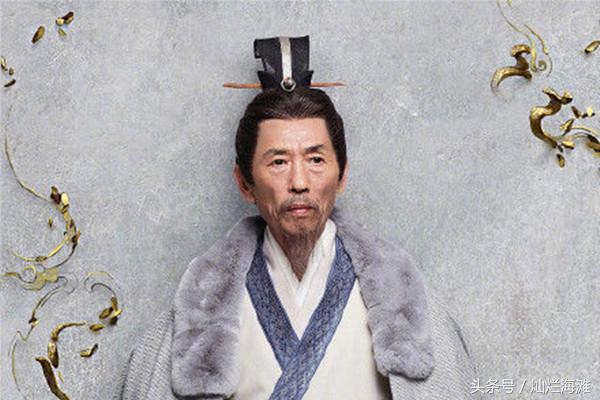
袁术兵分七路,曹操三军会师
Yuan Shu Marches Out An Army Of Seven Divisions;
Cao Cao And Three Generals Join Forces.
the south of River Huai was very fruitful, and Yuan Shu, as governor of such a large territory, was very influential. He was not a little puffed up. The possession of the Imperial Hereditary Seal, pledged by Sun Ce, added to his pride. And he seriously thought of assuming the full style.
[e] Liu Bang's first office was assistant to a magistrate in Pei. [e] King Wen, aka the Scholar King, founder of the Zhou Dynasty, father of King Wu. King Wen did not actually founded the dynasty, but he laid the foundation for Zhou. At the end of Shang Dynasty, the state Zhou of King Wen had already possessed two-thirds of the empire, but King Wen still faithfully served the last emperor of Shang. The final conquest was completed by King Wu and King Wu's brother, the Duke of Zhou. ……
[e] King Yao, King Shun, and King Yu (BC 2400-2200) were the three ideal rulers in ancient China. They ascended the throne by their virtues and merits, and not by heritage. King Yu was also the founder of Xia Dynasty. ……
As a preliminary he assembled all his officers and addressed them thus: “The Supreme Ancestor, the Founder of Han Dynasty, was only a very minor official*, and yet he became ruler of the empire. The dynasty has endured four centuries, and its measure of fortune has run out. It no longer possesses authority; the cauldron is on the point of boiling over. My family has held the highest offices of state for four generations and is universally respected. Wherefore I wish, in response to the will of Heaven and the desire of the people, to assume the Imperial Dignity. What think ye of the proposal, my officers?”
Secretary Yan Xiang rose in opposition at once, saying, “You may not do this. King Wen, the Ancestor of the Zhou*, was of distinguished virtue and held many offices. Till the last years of Shang Dynasty, he had two thirds of the empire. Still he served and was loyal to the ruling house. Your house is honorable, but it is not so glorious as that of Zhou. The Hans may be reduced, but they are not so abominably cruel as those of the Shang Dynasty that they are to be overthrown. Indeed this should not be done.”
Yuan Shu did not hear this with pleasure.
Said he, “We Yuans came from the Chen family, the same ancestry with King Shun*. By the rule of interpreting the signs of fate, the day has come when earth (Chen) receives fire (Liu)。 Beside there is an oracle saying, 'One who replaces the Hans must wade through deep mire.' My name means 'the high road.' It fits exactly. Further than this, I possess the Imperial Hereditary Seal and must become lord of all, or I turn from Heaven's own way. Finally, I have made up my mind, so if anyone says too much, that person will simply suffer death.”
Yuan Shu arrogated himself the insignia of royalty and assigned Second Glory the reign title. He set up officials with titles only given by an emperor, and rode in a chariot decorated with the dragon and phoenix, and offered sacrifices after the manner of an emperor in the north and south suburbs. Also he appointed the daughter of Feng Fang his Empress and his son Heir Apparent, and he pressed for the early wedding of Lu Bu's daughter with his son so that the Palace entourage might be complete.
But when Yuan Shu heard of the fate of his marriage ambassador, Han Yin, who was sent to the capital and was executed, Yuan Shu was very angry and began at once to plan for revenge. He made Zhang Xun his Grand Commander and gave Zhang Xun the command of more than two hundred thousand soldiers with the instruction to invade Xuzhou. The army consisted of seven divisions under seven commanders: Zhang Xun led the Center Army; Qiao Rui, the First Left Army; Lei Bo, the Second Left Army; Han Xian, the Third Left Army; Chen Ji, First Right Army; Chen Lan, Second Right Army; and Yang Feng, the Third Right Army. Each commander was instructed to make a certain town his objective.
the Imperial Protector of Yangzhou, Jin Shang, was ordered to superintend the commissariat, but he declined the office. And so Yuan Shu put Jin Shang to death. Ji Ling was in command of the reserves to help wherever he was required. Yuan Shu led thirty thousand troops, and he appointed three generals, Li Deng, Liang Gang, and Yue Jiu, to go up and down and coordinate the grand march.
,




